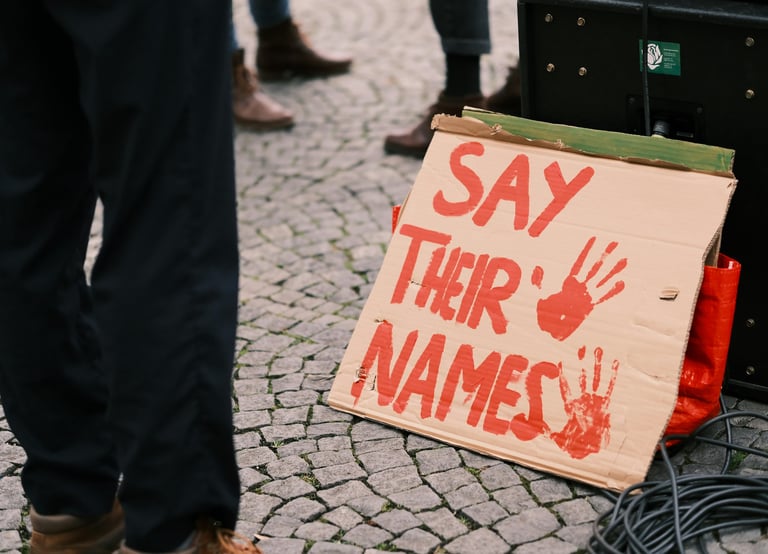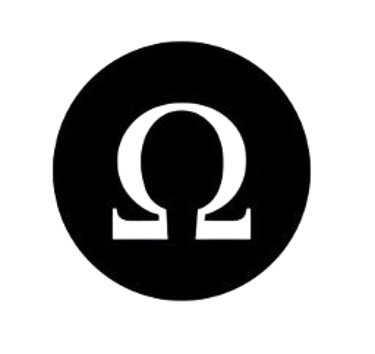1. Why “name” the perpetrators?
2. Why “shame” the accomplices?
4. How does it empower victims?
5. What role does justice play?
6. Why target accomplices as well as perpetrators?
No. What is unfair is the silence that lets crimes continue. Shaming is a tool when law is blocked by politics.
8. What historic examples show this works?
The anti-apartheid movement exposed South Africa globally; naming and shaming made isolation unavoidable and change inevitable.
9. Why is justice so important?
To end impunity. To stop atrocities. And to ensure perpetrators and their accomplices face the weight of law and history.
10. What is the ultimate goal?
Because without accountability, crimes repeat. Justice is not revenge—it is prevention.
Because silence protects them. Identifying those who commit or enable atrocities strips away their impunity.
3. Isn’t this just symbolic?
Naming and shaming lay the groundwork for legal action—turning public outrage into formal accountability.
Because crimes do not happen in isolation. Without funding, weapons, and political cover, atrocities cannot continue.
Because silence protects them. Identifying those who commit or enable atrocities strips away their impunity.
No. Public pressure can cost perpetrators legitimacy, partnerships, and profits, forcing change where diplomacy fails.
By telling the truth, victims’ suffering is recognized and their voices are amplified instead of erased.




